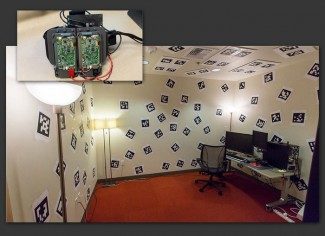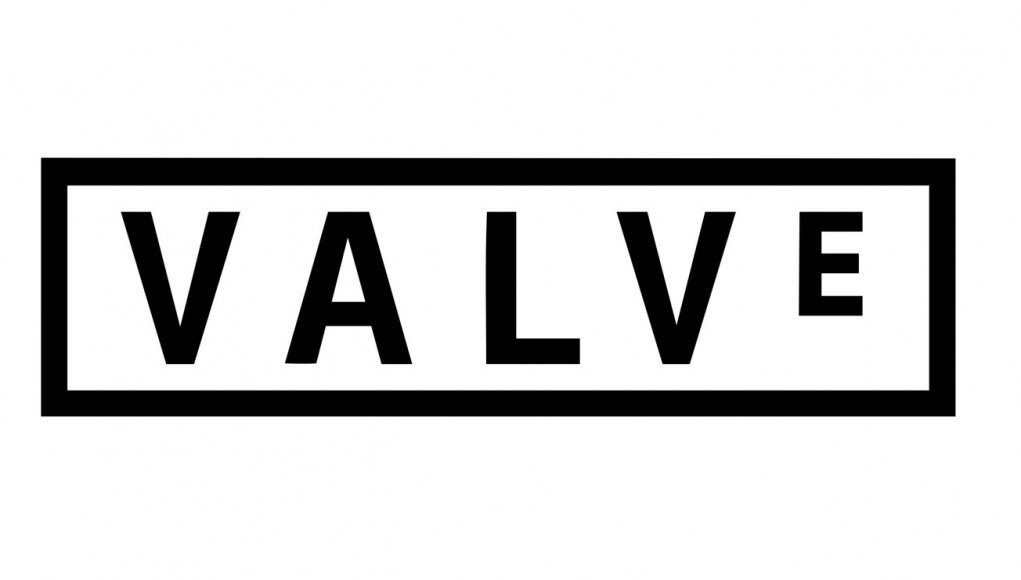Gaming giant Valve has announced that they’ll be revealing a “previously-unannounced SteamVR hardware system” at GDC 2015. The company has been actively engaged in R&D in the AR/VR space but hasn’t previously broken into the hardware market. This new information makes it look like they might be gearing up to do just that.

Valve, creators of the massive digital software distribution platform, Steam, made its first public foray into the consumer virtual reality space when the company added early support for the Oculus Rift DK1 to Team Fortress 2 (2007) way back in March, 2013. At the beginning of 2014, the company revealed SteamVR, a virtual reality adaptation of Steam’s ‘Big Picture’ mode which allows gamers to browse their game library and play supported titles with headsets like the Oculus Rift. Following this, the company showed off a prototype head mounted display in a room full of fiducial markers, with the experiencing quickly becoming known as the ‘Valve Room’.
See Also: 30 Minutes Inside Valve’s [2014] Prototype Virtual Reality Headset
Valve had been collaborating with Oculus early on and didn’t seem to have any plans to launch their own VR hardware. After several key VR researchers at Valve jumped ship to Oculus, and Facebook snatched up the company, however, things between Oculus and Valve haven’t seemed quite the same.
Now Valve seems ready to reveal their own VR headset. Writing on their website that Valve is “actively seeking VR content creators” for a “previously-unannounced SteamVR hardware system” which they’ll demonstrate at GDC 2015 next week. The company is soliciting folks who want to try the “SteamVR Dev Kit,” language which closely resembles that of Oculus and other VR hardware companies with publicly available developer hardware that to be iterated upon until a consumer release. We’ll definitely do our darndest to get our hands on whatever Valve is revealing next week at GDC.

In June, 2014, an apparently updated version of Valve’s prototype VR headset made a surprise appearance at the Boston VR Bender Meetup. Instead of a room full of markers, the headset used IR-reflective dots which reflected IR light from an array of IR-LEDs mounted to a camera. By tracking the dots on the headset, the camera could positionally track the headset through 3D space. The Oculus Rift DK2 also debuted with similar technology, using active IR-LEDs integrated into the headset itself, instead of reflective dots.







